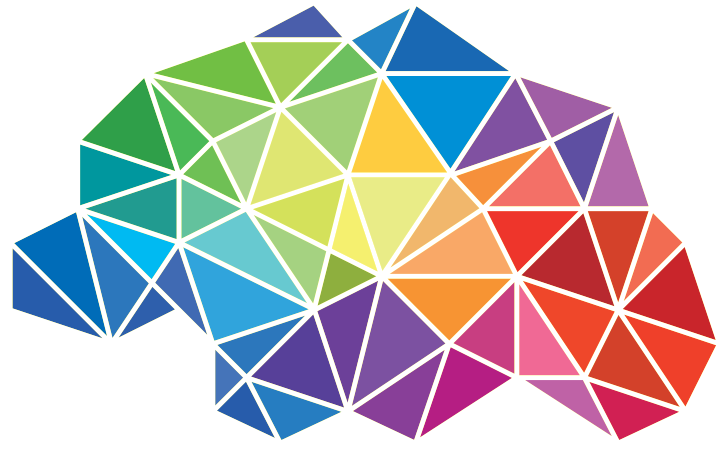Read this Podcast Online
7 Lessons from Leonardo Da Vinci
This week I’ve been thinking about the Gordian Knot. It's a story associated with Alexander the Great and is often uses a metaphor for an intractable problem such as untying and impossibly tangled knot and finding a different approach to that problem that renders that perceived constraint as irrelevant. Now, how often work do we face something which seems to be like an impossible problem to navigate? There's politics involved, there are technical issues, there are people issues, a whole bunch of stuff that makes it impossible in yet, if we approach it in a new way, could it actually be quite simple; and that's what the Gordian Knot is actually about.
So here's the story in short. The Phrygians were without a king, but an oracle at Telmissus, which is the ancient capital of Lycia, decreed that the next man to enter the city driven on an ox cart would become their king. That happened to be a peasant farmer named Gordius who drove into the town on an ox cart and was immediately declared king. So out of gratitude, his son Midas, dedicated that ox cart to the Phrygian god Sabazios, whom the Greeks identified with Zeus. He tied that cart to a post with a very intricate knot made of cornel bark, and that knot was later described by the Roman historian Quintus Curtis Rufus, as comprising several knots, all so tightly entangled, that it was impossible to see how they were fastened. This oxcart stood in the palace of the former kings of Phrygia at Gordium up until the 4th century BC, when Alexander the Great arrived.
An oracle had declared that any man who could unravel this elaborate knot was destined to become the ruler of all of Asia. Now you can imagine Alexander the Great, who was desperate to rule Asia, was also desperate, therefore, to untie this knot, but struggled to do so. It was impossible. Then he reasoned; it makes no difference how the knot was loosened, so he drew his sword and sliced it in half with a single stroke. Now as we know, Alexander then went on to conquer all of Asia, as far as the Indus and Oxus and fulfilled that prophecy. Today we might call that 'out-of-the-box thinking' not limited to the rules of the problem, but thinking and challenging the very rules themselves.
There’s a danger in the way that we work today, to look at our business and are we limited by the rules of today, or do we challenge the rules themselves? Do we challenge the way we've always done things, our ways of working and how things should be and could be? Could it actually be quite a bit simpler?


